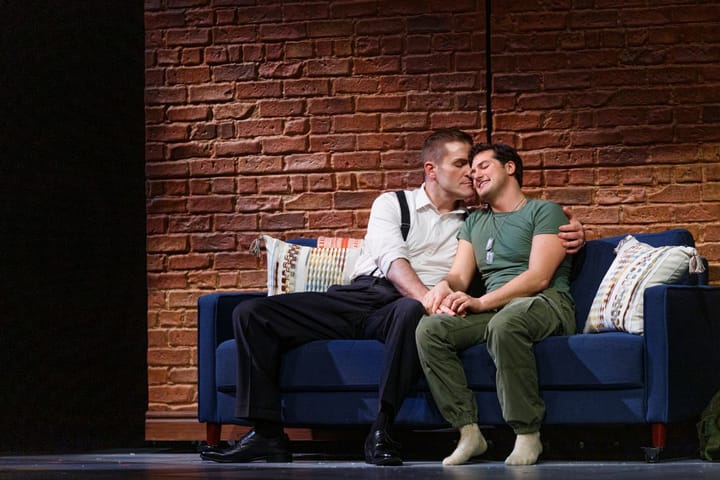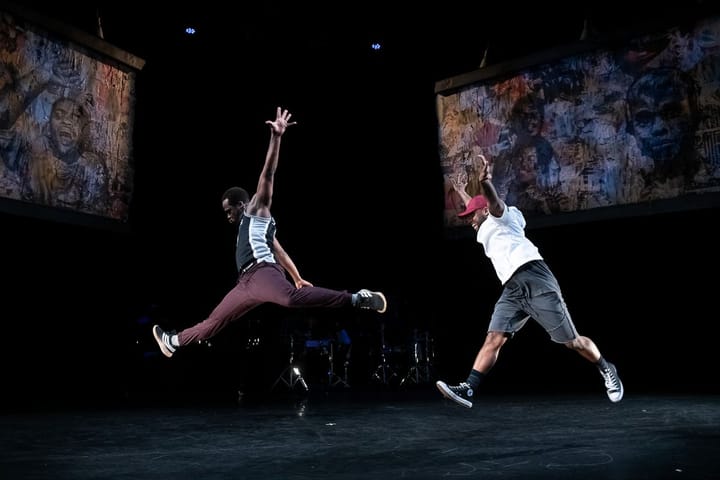Shared Stories, Shared Ground
Multicultural voices open Puget Sound’s performance season. | By David Drury
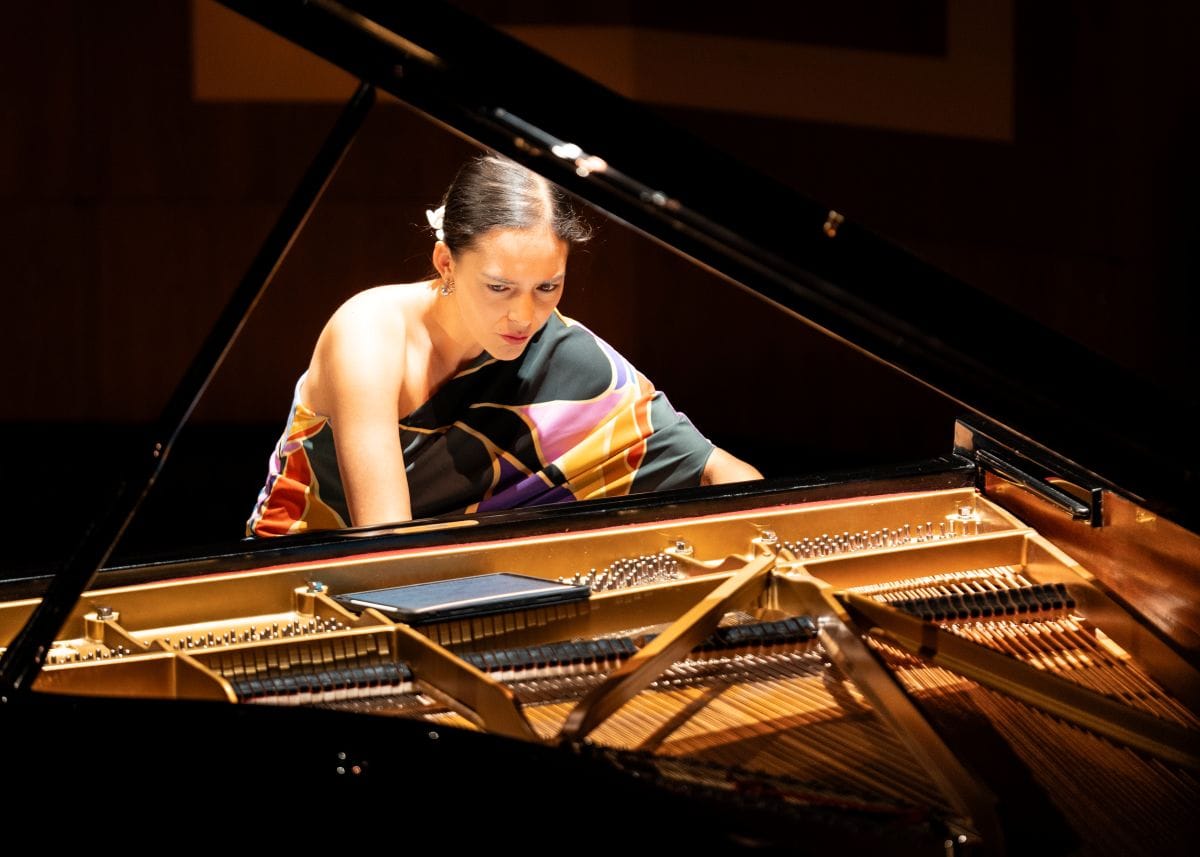
Seattle’s stages this fall are offering more than just entertainment. They are acting as portals to enrichment and connection in a politically charged time, offering an array of stories, songs, and culturally broad performances that have the power to heal by bolstering the bonds of our collective humanity.
Indigenous and international artists stand at the center of this vibrant convergence: Fancy Dancer, an autobiographical play by Native American playwright Larissa FastHorse, produced jointly by Seattle Rep and Seattle Children’s Theatre; a rare Puget Sound appearance by Rapa Nui (Easter Island) classical pianist Mahani Teave at Meany Center; and a high-energy concert from Mariachi Herencia de México, an ensemble that fuses old world Mexican tradition with generational innovation in a bold shared celebration.
Larissa FastHorse, a Sicangu Lakota playwright and MacArthur Fellow, has made history as the first Native American woman to have a play produced on Broadway. With Fancy Dancer, she turns inward, offering a chance to see the world through the eyes of a young Lakota girl, Lara, growing up in South Dakota. After a serious injury, Lara finds unlikely inspiration in Osage ballerina Maria Tallchief, and embarks on a journey of recovery, self-discovery, and cultural pride. The coming-of-age story is a collaboration between Seattle Rep and Seattle Children’s Theatre, running September 18 through November 2, reflecting a shared commitment to Indigenous storytelling and intergenerational connection.
In spite of the fact that FastHorse did not write Fancy Dancer to be performed by herself, she said that director Chay Yew persuaded her to join the company, and it’s not hard to see why he did.
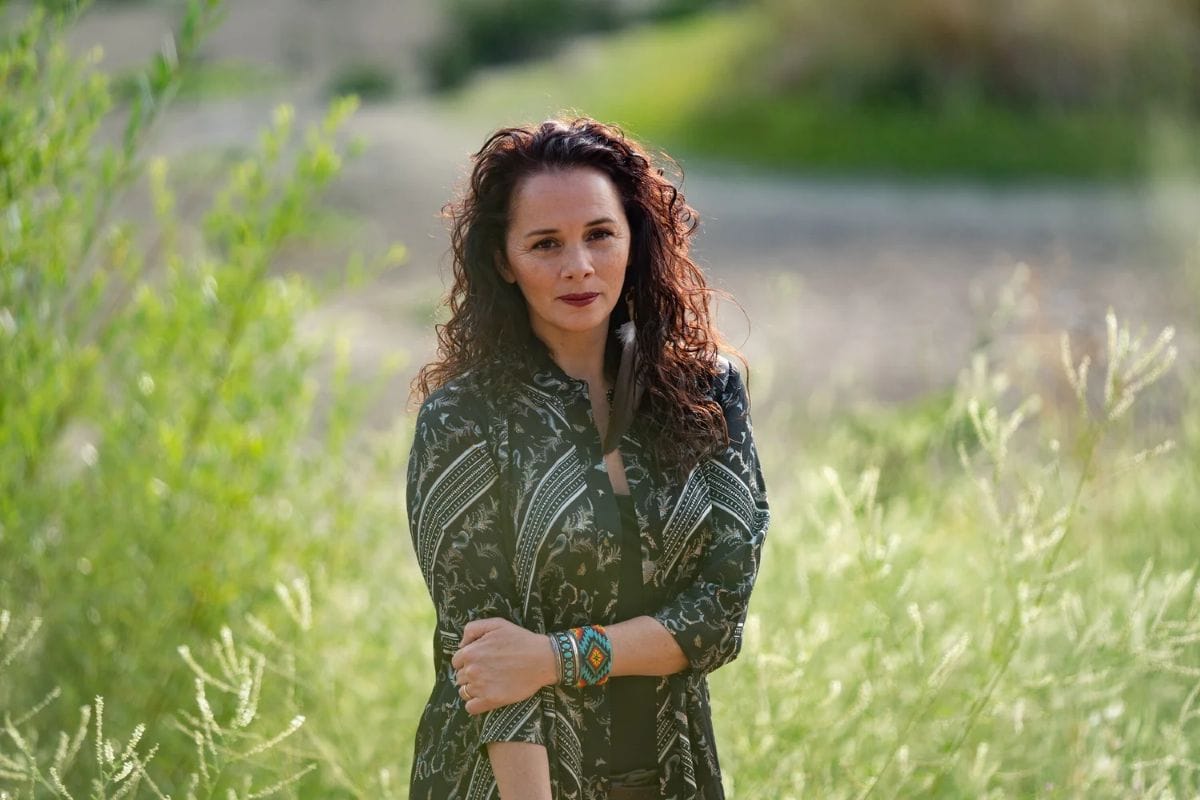
“This powerfully moving and deeply personal autobiographical work speaks to the transcendence of art, community, identity, race, and finding and creating one’s family,” said Yew. “All hallmarks of Larissa’s remarkable journey as artist, activist, leader and human.”
FastHorse and Burgandi Trejo Phoenix will perform the lead in alternating roles.
“Sharing the journey of telling my story with me takes a ton of bravery, integrity and heart,” said Fasthorse of Phoenix. “I cannot wait for [audiences] to see her shine in this role and make it her own.”
While FastHorse’s play explores resilience through narrative drama, pianist Mahani Teave expresses it through music. Teave will appear at Meany Center for the Performing Arts on October 3. Raised on Rapa Nui (Easter Island), Teave was a young girl when the first piano arrived on the island. She was magnetized to the instrument. Against the odds she trained and launched a successful career as an international classical musician. She returned to the island to build its first music school out of recyclable materials, to teach and to advocate for environmental and cultural preservation.
Seattle arts patrons David and Amy Fulton were traveling to the island when they met Teave, eventually inviting her to record an album in Seattle and participate in a documentary about her journey. Teave released her debut album, Rapa Nui Odyssey, in 2021. It includes pieces by Bach, Chopin, Handel, Liszt, Rachmaninov, and Scriabin.
In spite of being raised on one of the most remote inhabited islands in the world, music was an important part of the pianist’s life, and island life. Her grandfather was a composer, and she had singers and songwriters in her family.
Teave acknowledged that in a time when political divisions seem so sharp, music can function as a form of cultural diplomacy. “Music is something that unites us despite race, background, political ideas,” she said. “Music speaks to us from the heart and to the heart. We are not just bodies and ideologies, that’s what the music is all about.” She pointed to an island tradition that if two people or families ever had a problem with one another, they would prepare songs, and address their disagreement through music.
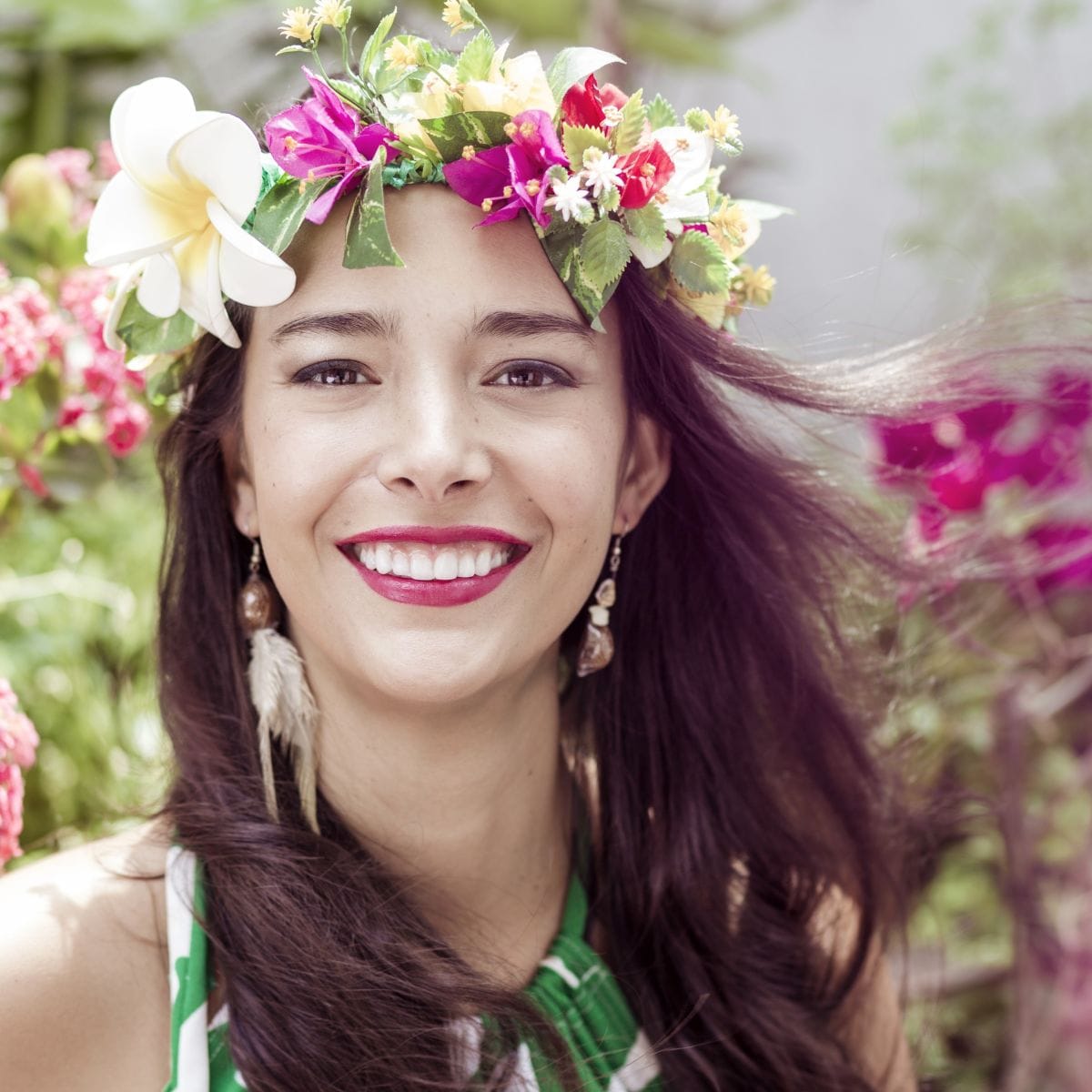
But Teave went even further, saying that music is also a matter of formative connection. “Childhood is the most fragile moment in a human being’s lifetime,” she said. “A child will not learn to walk unless there is a person alongside to teach. If we are always fighting, the children will learn to fight. But there are beautiful things happening in the world. There is hope in the world. We need to connect them to that.”
Teave noted that music teaches things like listening skills, respect, and teamwork, which rise above even preparing for a profession. She said that as a music teacher on a small island, she knows every family, including patterns of domestic violence or drugs. “When you start seeing what music can do to get a family through things, you understand the value. The bonds that kids make through music are sacred. Music is a sacred space. That has nothing to do with political ideas.”
As to what she hopes audiences in Seattle and beyond take away from her performance, she said, “I hope it gives them a moment in time, in which they can let go, and travel with the music to places inside where we don’t often go. I always hope to touch somebody’s heart.” Teave related something her daughter told her after hearing it taught at school, “Many small people in many small places can change the world.”
The season’s international offerings continue with Mariachi Herencia de México on the Meany Center stage October 17. The young, Grammy-nominated ensemble from Chicago is known for breathing new life into the mariachi tradition with a vibrant mix of jazz influences, original arrangements, and a clear reverence for their musical roots.
With bold brass and soaring vocals, Mariachi Herencia de México reclaims and reimagines a musical form that has always been as much about storytelling as song. Their performance is bound to be more than a concert, but rather a cultural celebration.
Multi-instrumentalist Eduardo Colin confirmed that the group came together in 2016 at a Chicago school for mariachi, but that the group quickly set itself apart from other mariachi acts. “The idea was to take mariachi to another level,” Colin said, “tilling unexplored ground, mixing up instrumentation, as a way to show the music form of new generations.” He admitted that mariachis are often seen merely as musicians who “play in cantinas and bars for drunk people.”
Challenged with honoring the legacy of mariachi while bringing in fresh arrangements and new energy, the question is how does a group balance honoring tradition with pushing boundaries?
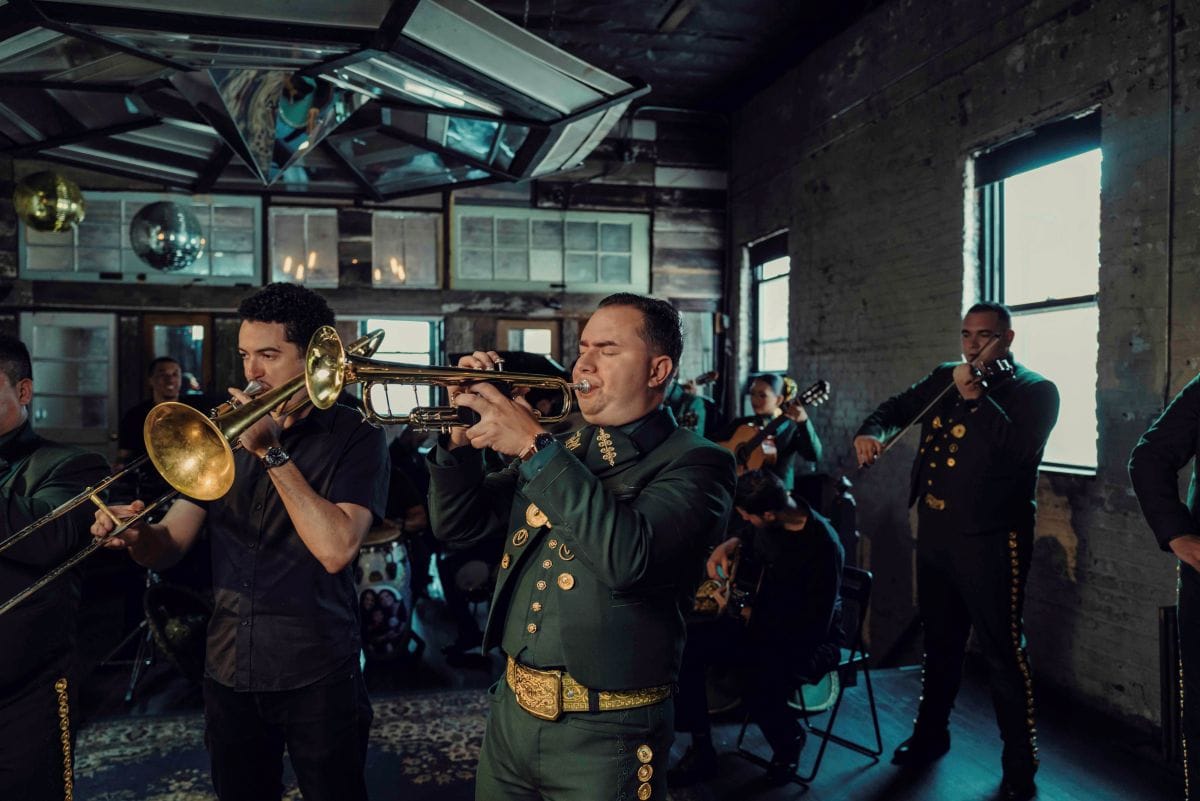
“As to traditions, we respect them,” shared Colin. “We keep the base instrumentation as it is, and take it to another level from there.” The band is also known for collaborating with legends such as Latin percussion master Bobby Allende and from other genres like jazz and salsa.
When asked what it means to bring music so rooted in Mexican culture to audiences in places like Seattle, Colin said, “Wherever there is one Mexican, the place becomes Mexico to us. That is very important. We can feel like a family, a nation united, at least for two hours.”
As to performing in this political and cultural climate, “We’re trying to send this message of unification all over the world,” he explained. “Trying to make audiences forget about differences and boundaries and let music bring us together.”
His most memorable moments on tour have involved feeling the power of this music to connect across differences in one very palpable moment each show. The band, at some point, asks the audience to sing, and it is always special. “It makes us feel good. The responsibility of creation falls to all of us. It feels spiritual when the we are the musicians, and yet the audience gives us the gift of music.”
When asked what feeling or message the band wanted the Meany Center audience to walk away with, Colin needed only one word: “Magic.”
In a region that prides itself on artistic curiosity and cultural openness, these performances provide a timely reminder that diversity in the arts is not just about inclusion, but about enrichment. Each of these artists brings their own story, but together they form a larger narrative about the healing power of the arts and the importance of listening to voices from beyond our own borders.
Now more than ever, our shared stories matter. They are the ground beneath us, and they are the bridge between us.
Fancy Dancer is playing at Leo K. Theater now through November 2. Mahani Teave will perform at Meany Center on October 3 and Mariachi Herencia de México.

